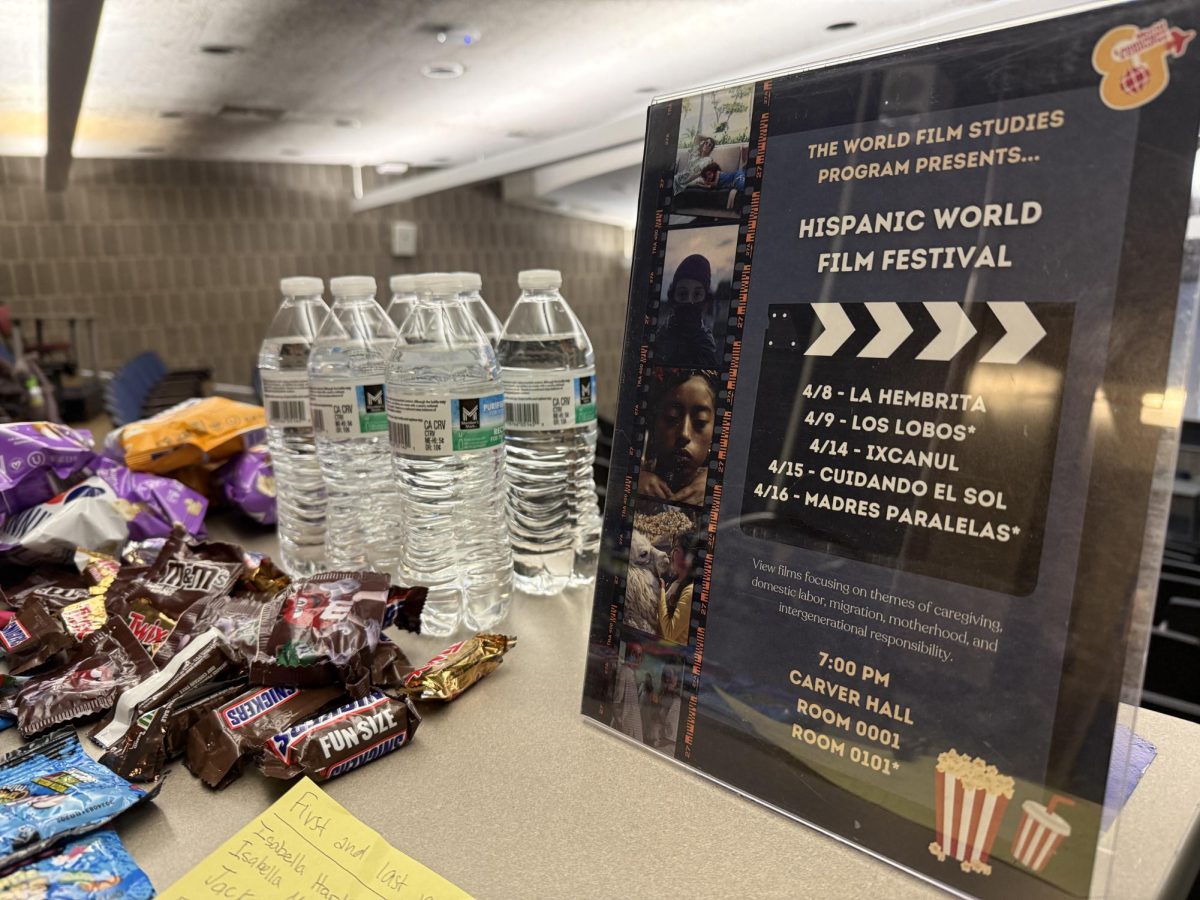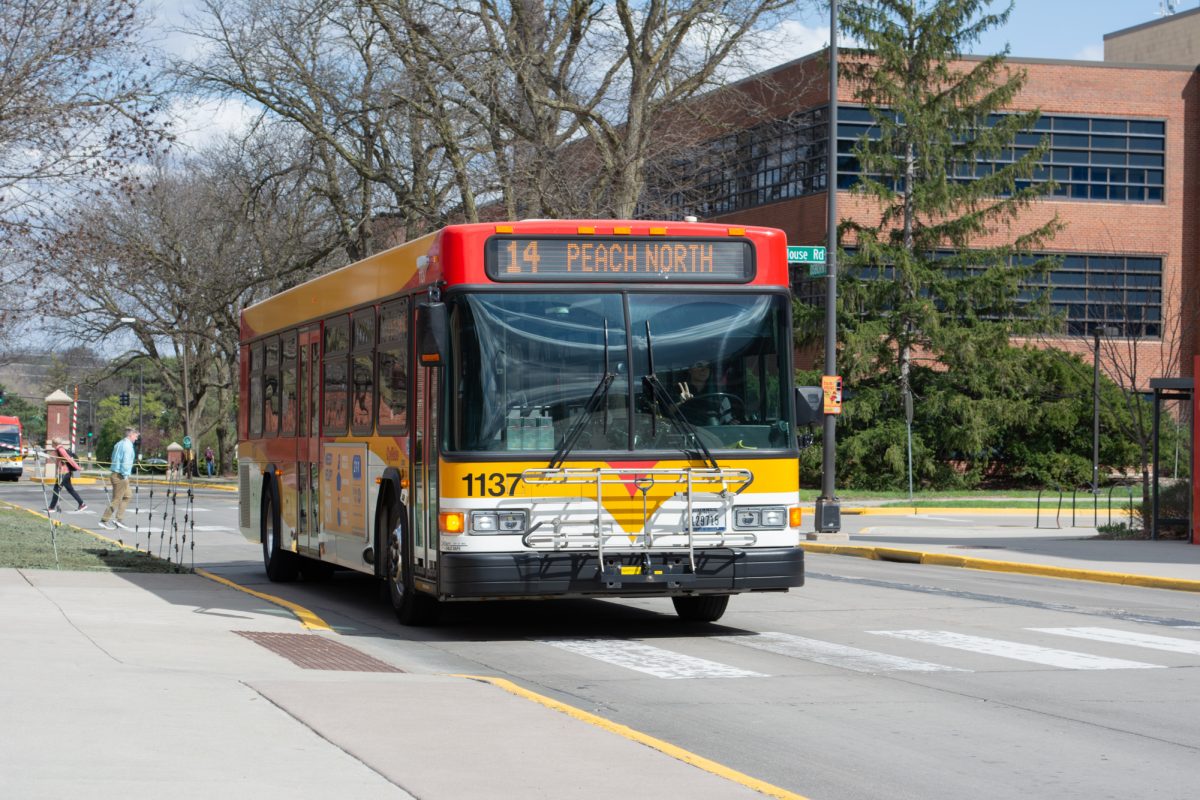Creativity, freedom drive researcher
July 6, 2004
Binders, mostly red, black and gray, stand on shelves covering almost all of one wall, containing information on Kan Wang’s work.
Her desk, surrounding her on three sides, is piled with papers.
Wang’s interests were far from plants when she started college, she said. But now the associate professor of agronomy is directing one of the nation’s leading plant transformation facilities.
Wang is a leader in the field of plant transformation, the placing of genes into plants.
Wang grew up in the People’s Republic of China and received her bachelor’s degree in 1983 from Fudan University in Shanghai. She was then sponsored by the government to study abroad at University of Ghent in Belgium in plant sciences.
In the People’s Republic of China, Wang said, if the government is sponsoring a person to study abroad, he or she has to study what the government wants. Wang’s initial interest was in the human science and medicine area, but the government choice was to have her study in plant transformation.
Wang earned her doctorate from the University of Ghent in 1987. Wang chose not to go back to China, even after it offered to let her to lead a big program.
“They thought I should lead a big program, and I was not ready for the leadership.” Wang said. “I was intimidated by their expectations.”
So she applied for jobs in the Midwest and in England. She landed a job with Garst Seed Company in Slater, where she worked for six-and-a-half years in plant transformation.
“I realized that my personality didn’t fit with the company,” Wang said. “I wasn’t getting the research freedom I wanted.”
She took a job at Iowa State and started her work in plant transformation.
With her job at Iowa State, Wang also gets to come up with some of her own ideas and research them, she said.
Her current work — on placing genes into corn plants to prevent the development of E. coli after its consumption — was inspired by a veterinary medicine student in one of Wang’s classes.
The student asked, “What if we could just put medicine in what we feed them so we would never have to go through vaccinating them, too?”
Wang said she brainstormed the idea and ended up researching how to do that with E. coli. This research has brought back Wang’s initial desire to work with human health.
“My goal is to use gene engineering to make agriculture more sustainable and enhance human health,” Wang said.






